The Great American Hobo (1980)
Genre : Documentary
Runtime : 30M
Director : Bobb Hopkins
Synopsis
The Great American Hobo produced in 1980 features the music of Supertramp's "Take the Long Way Home" documenting the men and women who rode freight trains. Shot in 14 states and culminates with the Hobo Convention in Britt Iowa. Premiered the Independent Eye series for PBS in 1980.

A man named Mr. Smith delivers a woman's baby during a shootout, and is then called upon to protect the newborn from the army of gunmen.
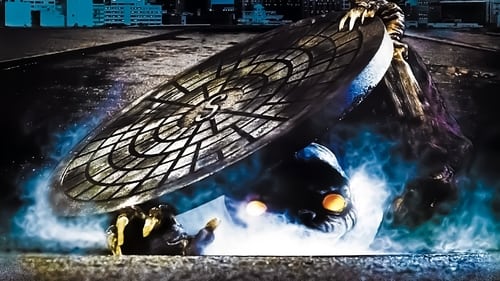
A rash of bizarre murders in New York City seems to point to a group of grotesquely deformed vagrants living in the sewers. A courageous policeman, a photo journalist and his girlfriend, and a nutty bum, who seems to know a lot about the creatures, band together to try and determine what the creatures are and how to stop them.
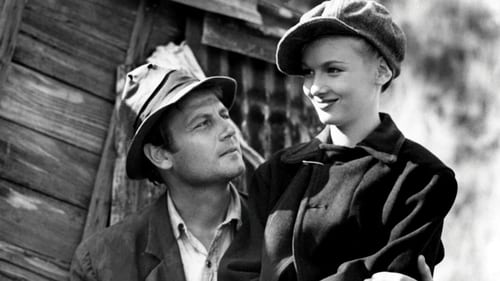
Successful movie director John L. Sullivan, convinced he won't be able to film his ambitious masterpiece until he has suffered, dons a hobo disguise and sets off on a journey, aiming to "know trouble" first-hand. When all he finds is a train ride back to Hollywood and a beautiful blonde companion, he redoubles his efforts, managing to land himself in more trouble than he bargained for when he loses his memory and ends up a prisoner on a chain gang.
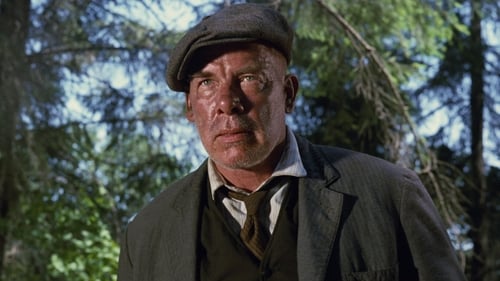
Hobos encounter a sadistic railway conductor that will not let anyone "ride the rails" for free.
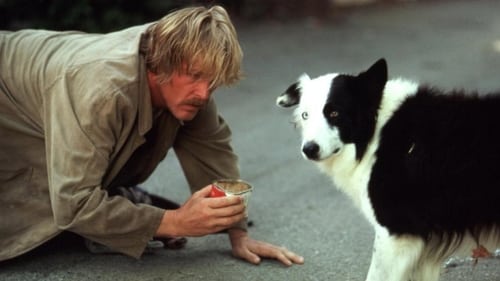
Beverly Hills couple Barbara and Dave Whiteman find their lives altered by the arrival of a vagrant who tries to drown himself in their swimming pool.
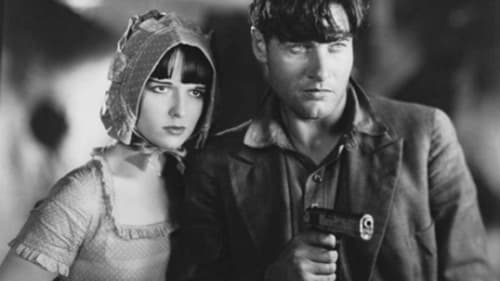
After killing her treacherous step-father, a girl tries to escape the country with a young vagabond. She dresses as a boy, they hop freight trains, quarrel with a group of hobos, and steal a car in their attempt to escape the police, and reach Canada.
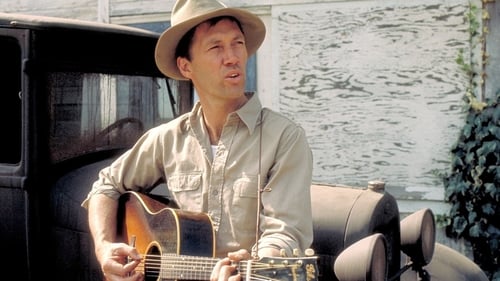
A biography of Woody Guthrie, one of America's greatest folk singers. He left his dust-devastated Texas home in the 1930s to find work, discovering the suffering and strength of America's working class.

Told in flashback, Depression-era bum Dan McGinty is recruited by the city's political machine to help with vote fraud. His great aptitude for this brings rapid promotion from "the boss," who finally decides he'd be ideal as a new, nominally "reform" mayor; but this candidacy requires marriage. His in-name-only marriage to honest Catherine proves the beginning of the end for dishonest Dan...
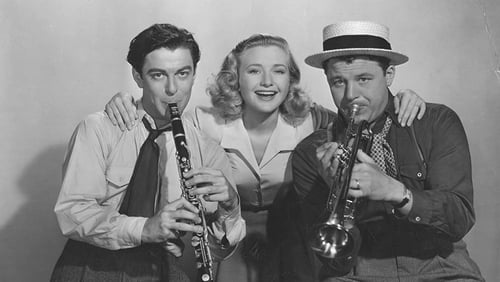
A struggling band find themselves attached to a fugitive and drawn into a series of old feuds and love affairs, as they try to stay together and find musical success.
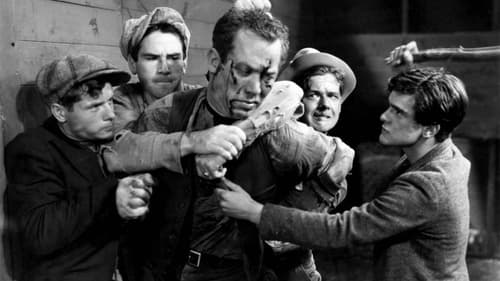
At the height of the Great Depression, Tommy's mother has been out of work for months when Eddie's father loses his job. Eager not to burden their parents, the two high school Sophomores decide to hop the freight trains and look for work.
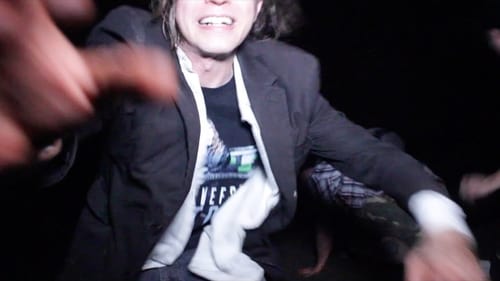
While shooting a documentary on the suspicious disappearances within the homeless community, a filmmaker and his crew go missing while uncovering a terrifying and vicious secret below the city's surface.

Documentary - Ernest Borgnine, star of the classic train movie Emperor of the North, hosts and narrates this remarkable examination of the uniquely American Hobo.

Just as the original hobos of the early 20th century were scorned the mainstream of society, so too are today's train riders. FREELOAD is a dive into a beggar's existence. It is a ride through America's backyard. It is a musical endeavor that feels like a drama. It is a sociological examination of the ignored.
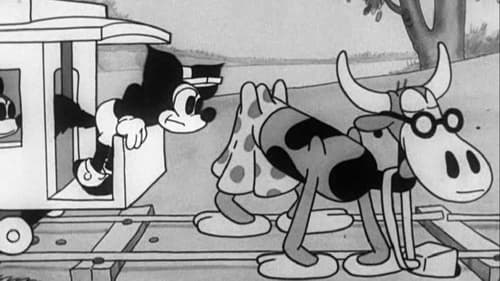
The wacky, jolly, hair-raising adventures of singing streetcar conductor Foxy.

Riding the Rails offers a visionary perspective on the presumed romanticism of the road and cautionary legacy of the Great Depression. The filmmakers relay the experiences and painful recollections of these now-elderly survivors of the rails. Forced to travel more by economic necessity than the spirit of adventure, the film's subjects dispel romantic myths of a hobo existence and its corresponding veneer of freedom. Riding the Rails recounts the hoboes' trade secrets for survival and accounts of dank miseries, loneliness, imprisonment, death, and dispossession. Sixty years later, the filmmakers transport their subjects back to the tracks, where the surging impact of sound and movement resuscitates memories of a shattered adolescence and devastating rite of passage.
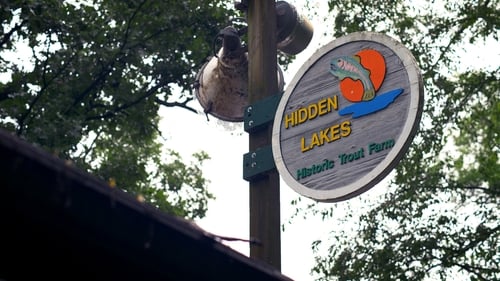
The fanatic beliefs of an internet mystic, a cult leader, and a rookie cop gone rogue are tested on the hunt for the "Hidden Man" -- an elusive forest-dwelling cryptid that terrorizes their idyllic suburb.
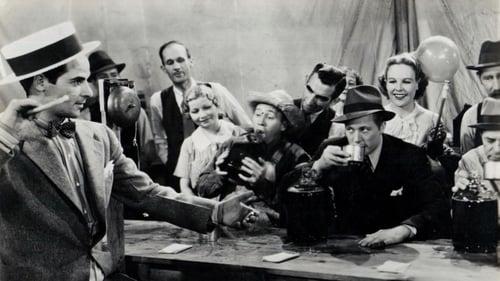
Aspiring Producer Michael McCreigh convinces Uncle Carlton to finance a play on the condition that he lives the play's ridiculous plot. If Michael fails, he must work in Carlton's meat packing plant.

Car racer Burn 'em Up Barnes, son of a wealthy manufacturer, leaves home to make his own way in the world. After being robbed by hoodlums, Barnes joins a group of hobos who take him in and show him the carefree life.

Irish director John T Davis stashes a camera in his bedroll, catches out, and rides the rails from Minneapolis to Seattle with Beargrease, a part-time hobo and full time philosopher, who narrates their way through the incredible scenery of the Northwest and gives us his views on life, liberty, and the pursuit of happiness. The pair meet up several other men living life on the margins: in particular a scene in which Duffy - an ex-corporate executive now living under a bridge in Spokane & collecting cans - describes how he got there is riveting.

A hobo named the Professor and his son, Charlie McCarthy, believe there's money buried in an abandoned house which was previously owned by a fellow named Herbie Larkin. Pretending to be Herbie's brother, the Professor dreams of finding the money by consulting a gypsy fortune teller, who conjures up more than Charlie likes. The reality of the situation eventually sets in.


















